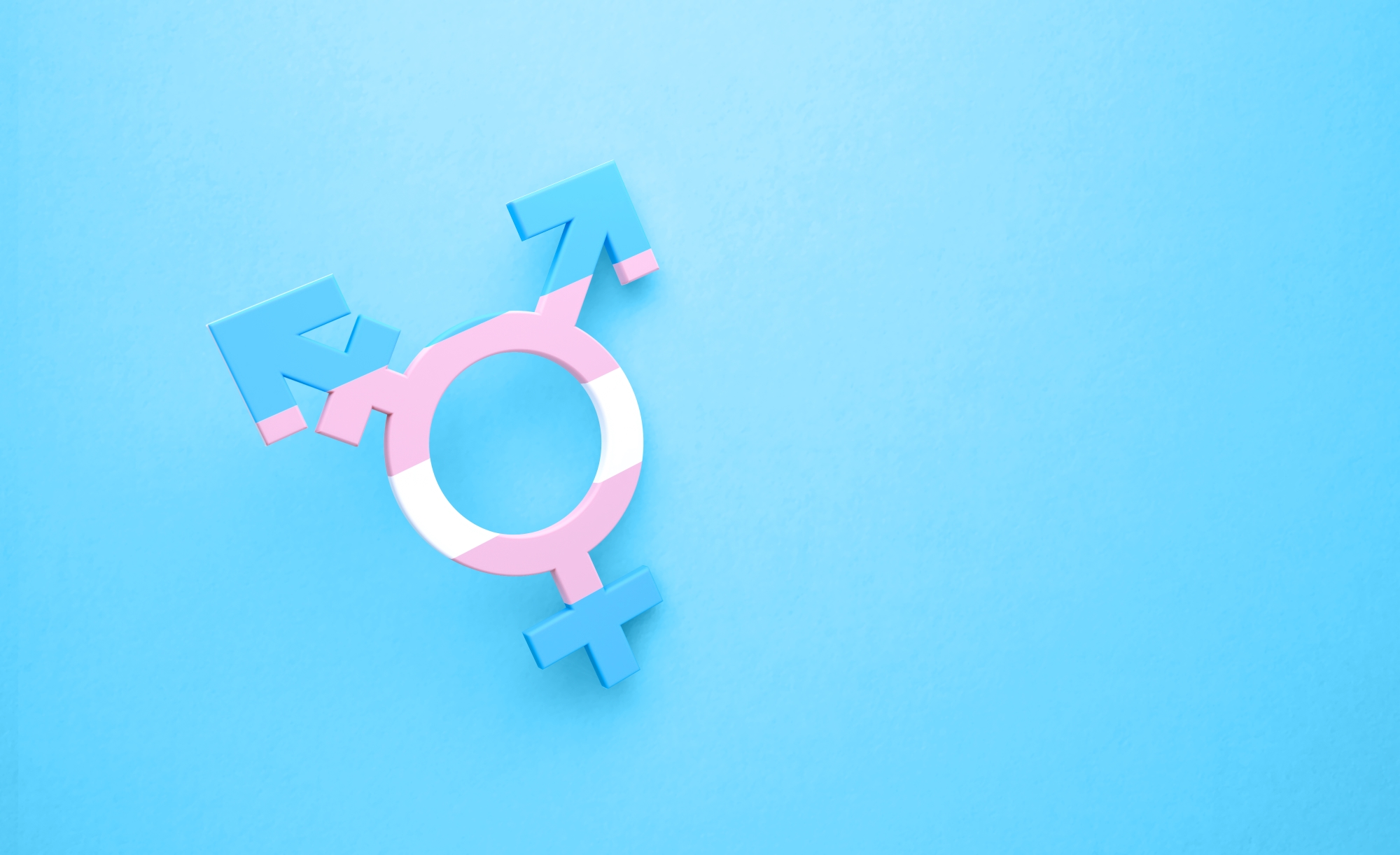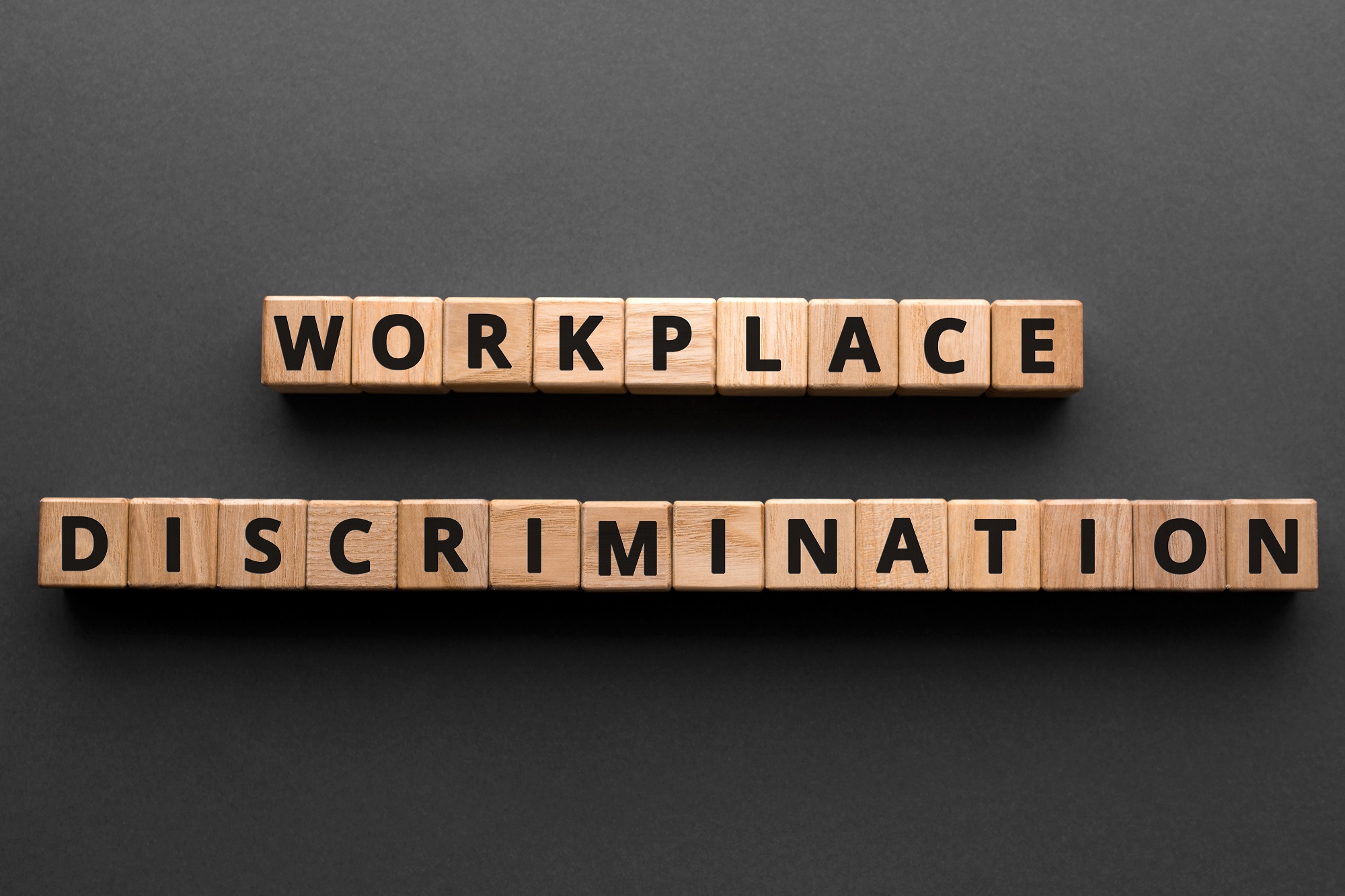The latest on discrimination and gender critical beliefs
There have been several high profile cases dealing with discrimination in relation to gender critical beliefs i.e. the belief that a person’s sex is fixed at birth and cannot change. This is an increasingly common issue which employers must be alert to. We have summarised some recent cases below.
Background – Direct and indirect discrimination
Under the Equality Act 2010, ‘religion or belief’ is a protected characteristic. Religion refers to any religion, including a lack of religion. Belief refers to any religious or philosophical belief and includes a lack of belief. There are a number of rules as to what constitutes a protected philosophical belief, including in relation to cogency and importance, worthiness of respect in a democratic society, and compatibility with the rights of others.
The Act provides that if an individual is treated less favourably because of their religion or belief, this will be unlawful direct discrimination on grounds of religion or belief.
Indirect discrimination is also prohibited under the Act. This arises where an employer has a provision, criteria or practice (“PCP”), which the employer would apply to everyone, but which puts persons holding a particular religion or belief at a particular disadvantage. Even if the PCP is not intended to have that effect, if it does so, and cannot be objectively justified, this will be unlawful indirect discrimination.
Case 1: Forstater v CGD Europe
Ms Forstater provided consultancy work for CGD which is a US think tank organisation. Ms Forstater had shared her gender critical views on twitter and staff at CGD raised complaints that these tweets were transphobic. Ms Forstater’s contract was thereafter not renewed, and she raised a tribunal claim that this was direct discrimination under the Equality Act – her protected philosophical belief (her gender critical view) was the reason for her contract not being renewed. She also raised claims of indirect discrimination, victimisation and harassment.
An employment tribunal threw out the claim finding that the Claimant’s gender critical views necessarily required the “misgendering” of others, which impacted on their fundamental rights. As such, her beliefs were not legally protected.
The case was considered by the Employment Appeal Tribunal (“EAT”) which concluded that gender critical beliefs were capable of being deemed a philosophical belief which was protected under the Equality Act 2010. It was not necessarily the case that such beliefs were incompatible with human dignity and the rights of others.
The EAT stated that only the most extreme views such as “pursuing totalitarianism, or advocating Nazism, or espousing violence and hatred in the gravest of forms” should be excluded from protection under the Act. Whereas “beliefs that are offensive, shocking or even disturbing to others” would still be protected beliefs.
Following this decision, the case was sent back to the employment tribunal to consider Ms Forstater’s claims.
The tribunal determined that the decision not to renew Ms Forstater’s contract amounted to less favourable treatment.
The tribunal accepted that this decision was not based on Ms Forstater’s protected beliefs as such (dismissing her for that reason would clearly have been discriminatory), but on her tweets and how she had expressed and manifested her gender critical beliefs. The tribunal considered that if objection could reasonably be taken to the tweets then the Respondent’s decision could not amount to direct discrimination, but if the tweets were not objectively offensive or unreasonable, then the Respondent should be treated as having acted due to Ms Forstater’s beliefs (i.e. to have directly discriminated).
The tribunal looked at each of the tweets separately and found that none of them were ‘objectively offensive or unreasonable’. As such the Respondent had directly discriminated against the Claimant when it decided not to renew her contract, and the employment tribunal found in her favour.
Case 2: Mackereth v Department for Work and Pensions
This case involved a claim made by a doctor alleging direct discrimination, indirect discrimination and harassment all related to religion/belief.
He had been instructed by his employer, the DWP, to use an individual’s preferred pronouns when undertaking disability assessments in the course of his work. This was consistent with the DWP’s policies in this area. Whilst undergoing induction training, Dr Mackereth objected to this on the basis of his lack of belief in ‘transgenderism’ and his view, which he based on the bible, that individuals cannot change their sex or gender.
Following his objection, DWP considered whether they would be able to accommodate his position. They determined that they could not offer him a role where interaction with service users was not required, as he was not eligible for such a role. They also considered that it would not be possible to ensure he only assessed non-transgender individuals. Ultimately, they determined they would not be able to accommodate his objection, however, he resigned before DWP took any action against him.
The employment tribunal dismissed the claim, finding that his beliefs were not protected under the Equality Act 2010, finding, for example, that some of his beliefs were incompatible with the fundamental rights of others. However, on appeal to the Employment Appeal Tribunal (“EAT”), the EAT found the tribunal had incorrectly applied the criteria for assessing whether a belief is protected, and failed to consider whether the employee’s lack of belief in transgenderism was protected. To assume that gender critical beliefs cannot be protected was not consistent with the decision in Forstater (above), so the tribunal had got it wrong.
Nevertheless, despite this failing, the tribunal’s ultimate decision was correct and so the claimant’s appeal was rejected.
The EAT found that as DWP had taken steps to try to accommodate the employee’s beliefs and were still investigating matters when he resigned, the direct discrimination and harassment claims were unsuccessful.
The EAT also agreed that the indirect discrimination claim should fail, as the requirement for Dr Mackereth to use the service users’ preferred pronouns reflected a legitimate aim that transgender individuals should not be discriminated against and should be treated with dignity and respect, and the measures taken were both proportionate and necessary.
Dr Mackereth’s appeal was therefore rejected. The EAT was at pains to point out that it makes no comment on the merits of the arguments of each side of the debate, and its role is merely to consider whether the employment tribunal’s decision was legally correct.
Case 3: Allison Bailey
In the last few days, the media reported that barrister Allison Bailey was awarded £22,000 compensation in an employment tribunal claim against Garden Court Chambers. The Chambers had tweeted that it would investigate gender critical comments made by her, but this amounted to discrimination relative to her protected beliefs. This highlights the risk for employers in automatically assuming that the expression of gender critical beliefs should not be allowed, and in not recognising that these beliefs (and potentially the expression of them) are likely to be protected.
Summary
These decisions highlight the difficult judgements facing employment tribunals when dealing with the clash between religious/philosophical beliefs and the protection of transgender persons from discrimination (similar to the clash between the protected characteristics of religious belief and sexual orientation).
These decisions:
- Demonstrate that such cases will always turn on the individual factual circumstances.
- Establish that gender critical beliefs are protected philosophical beliefs, but if expressed in an objectively unreasonable manner, they may justify an employer in taking action.
- Illustrate that if an employee’s gender critical beliefs mean that they cannot carry out the job for which they are employed, or cannot comply with a requirement to afford respect and dignity to transgender individuals, an employer will have little option but to act, and the employee should not expect to succeed in any legal action.
In short, these cases demonstrate the challenges employers face in balancing different individuals’ requirements and views. This is a complex area of law and there are several other significant cases coming through the courts to look out for.
If you would like advice on any of the matters discussed, please contact one of our employment law specialists.
This update contains general information only and does not constitute legal or other professional advice.
Laura Nairn, Trainee Solicitor: lna@bto.co.uk / 0141 221 8012
Douglas Strang, Senior Associate: dst@bto.co.uk / 0141 221 8012 / Connect with Douglas on LinkedIn





